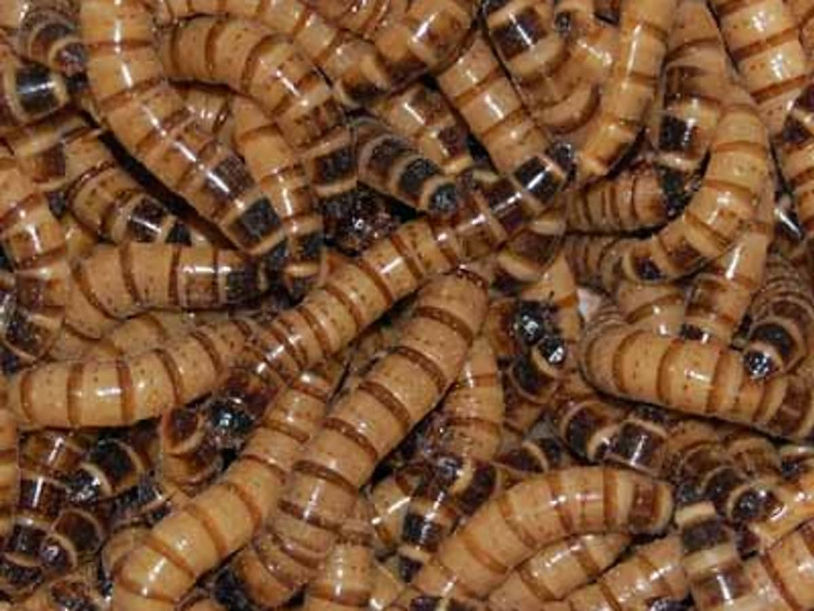By: Alex Yang
A larva known as a “super worm” has been found to survive by consuming the material that makes Styrofoam. This new discovery could revolutionize the way we dispose of garbage and how plastic waste, in particular, could be broken down by allowing different enzymes in this worm to digest plastic waste.
“You cannot really escape plastic anymore — plastic waste is everywhere,” says Christian Rink, one of the co-authors of the study. Half of all plastic that is produced is wasted and thrown away, clogging up landfills, and finding its way into bodies of water, which kills uncountable animals. The plastic also releases dangerous gasses that can drastically speed up climate change. But there have been many people looking for more natural solutions to these growing problems.
In a paper released around the tenth of June, scientists from the University of Queensland showed that the larvae of a darkling beetle can survive on polystyrene, commonly called Styrofoam. This caused researchers to continue to further develop the enzymes that allow the super worm to digest Styrofoam, looking for a way to commercialize the enzyme for wide distribution to combat plastic waste.
There have also been other similar studies in recent years. In 2015, researchers from Stanford University revealed that mealworms could also survive on Styrofoam. And the next year, Japanese researchers discovered bacteria that could survive on a diet of plastic bottles. In April, researchers from the University of Texas found an enzyme which could digest resin found in clothes. These many discoveries could be the start of a cleaner and cheaper way to fix the problem of plastic waste.
After proving that the larvae can survive on a diet of plastics, the next step in the development is to develop the enzyme that allows the worms to digest the plastics. “We want to not have gigantic super worm farms,” he said. “Rather, we want to focus on the enzyme,” says Rink.
Although this could be possible, there are many reasons why this solution has not become mainstream yet, despite the discoveries. One problem is that it has been difficult to find a plastic-digesting organism or enzyme that can operate in industrial conditions. It would also be difficult and expensive to split the plastic that the enzyme can digest from the ones that they can’t.
But Rink also suggests a cheaper and more effective solution: producing worm enzyme-based kits that can be sold so customers can do the composting themselves. But it is also unclear what organic waste the enzyme would generate after composting the plastic.
Even with these possible problems, this method is looking like a strong contender to change the way we dispose of plastic.











